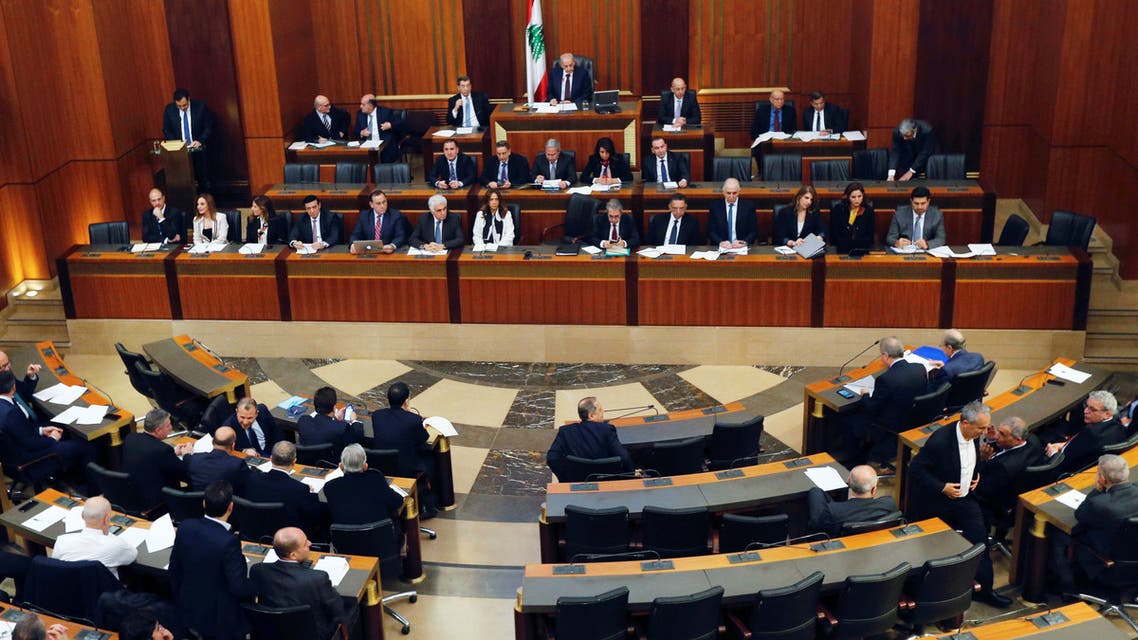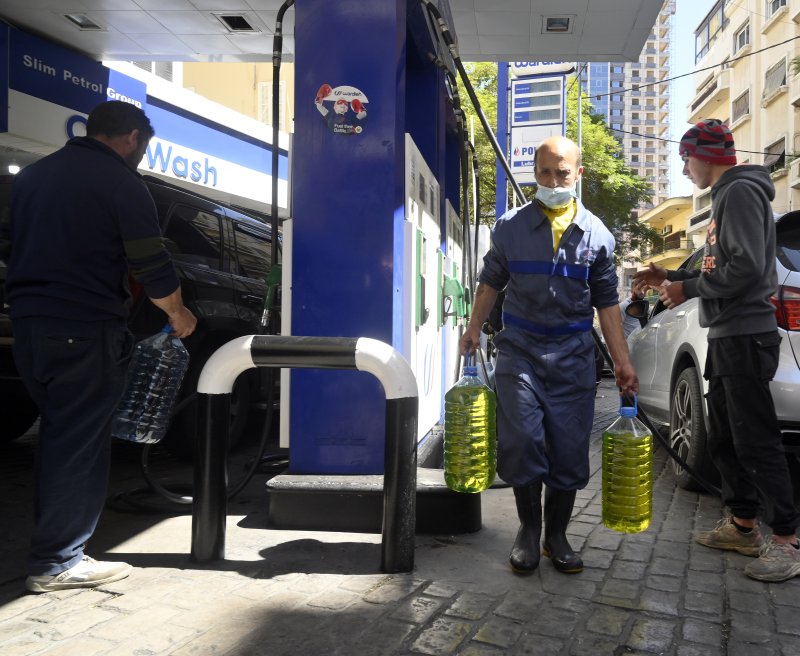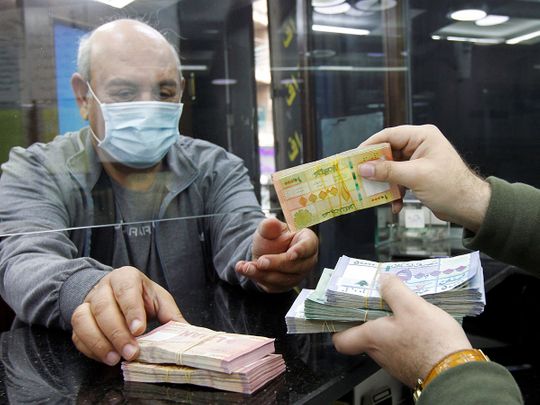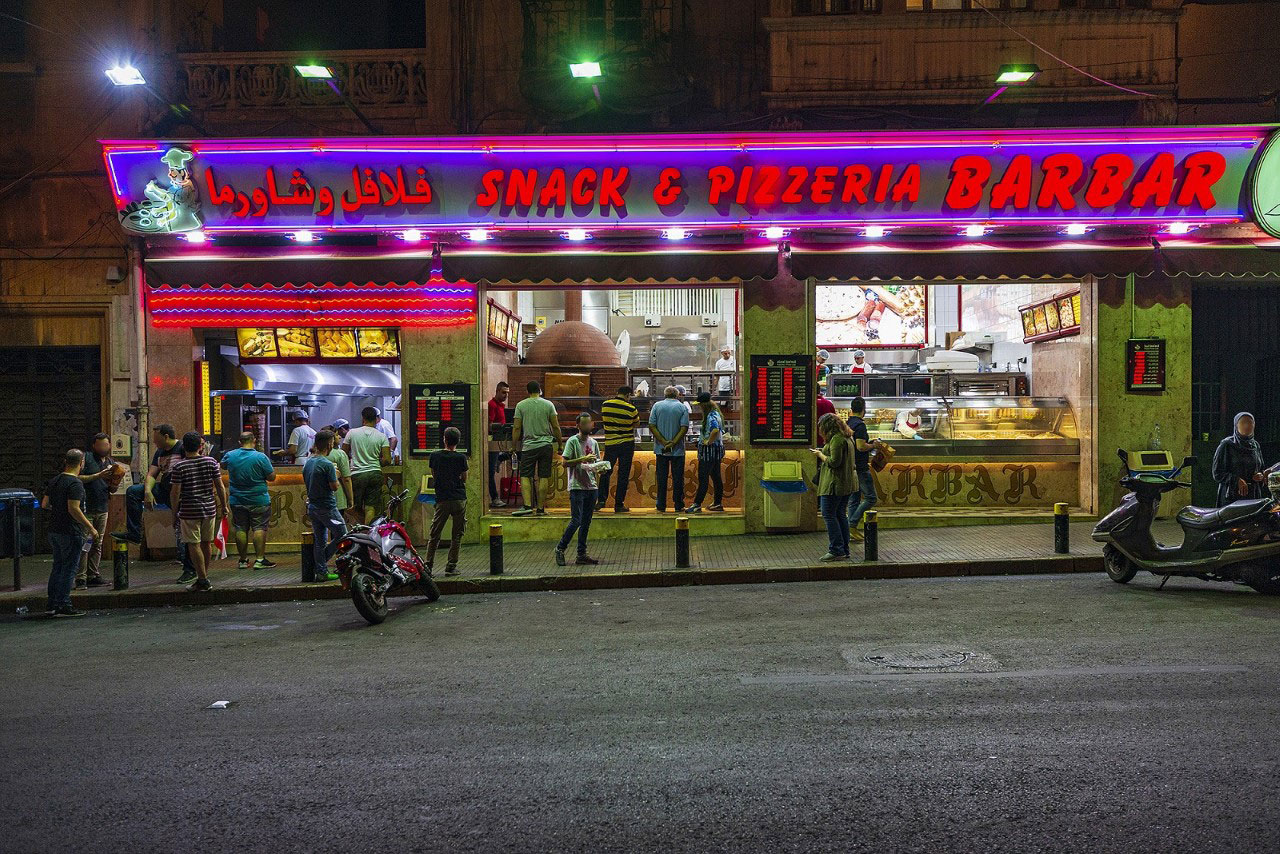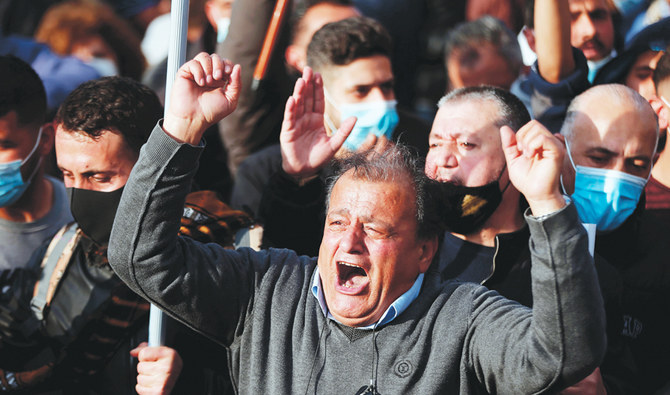By Hanin Ghaddar — english.alarabiya.net — Put simply, Lebanon is an Iranian colony. As protest slogans indicate, the Lebanese people are finally aware of this reality. The presence and ineffective statements of the former pro-West March 14 political parties means the international community needs clarity about who really controls the country. Only then can policy be drawn accordingly. For the latest headlines, follow our Google News channel online or via the app. The March 14 leaders always justify their inactions by using the fear factor – that if they resign, Hezbollah will take over the state institutions, and they want to make sure they can protect what small margin of independence they have left in Lebanon. Another argument is that they want to prevent the chaos that will happen if state institutions fall completely.
This logic is outdated. Chaos has arrived, and the state – as in the decision of war, government formation, or economy – is in the hands of the Iranian regime and its proxy. The Beirut Port blast and the assassination of Lokman Slim are two examples of how inadequate the state institutions’ roles have become. Without clarity, the international community will continue to try to find an economic solution, to handle Lebanon as a humanitarian crisis. This is dangerous because it hides the real problem, which is political, not financial. If former March 14 leaders get their parliamentary blocs and ministers to resign, the political core of the crisis will be exposed. This could lead to a new and more urgent policy for Lebanon – one that addresses Iran’s hegemony and how to counter it, instead of focusing on humanitarian assistance. A meeting between Lebanese President Michel Aoun and PM-designate Saad Hariri last week ended poorly. Failing to reach a much anticipated breakthrough for the formation of a government the theatrical exchange of accusations was a clear indicator that any new government in Lebanon is some way off.
